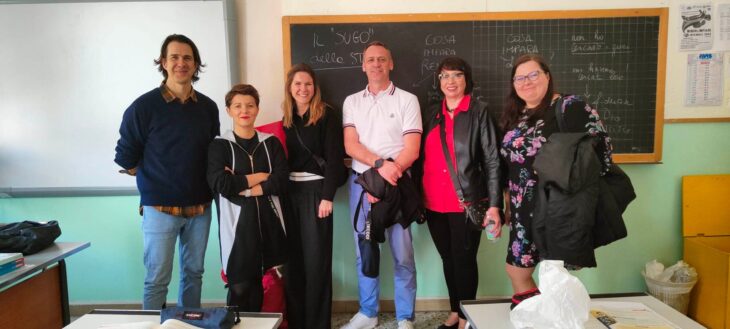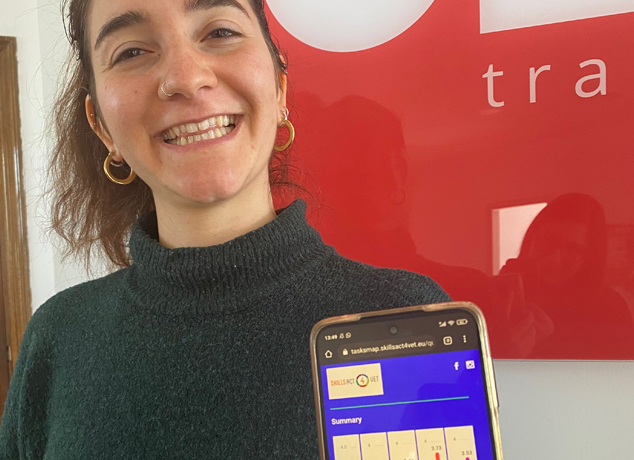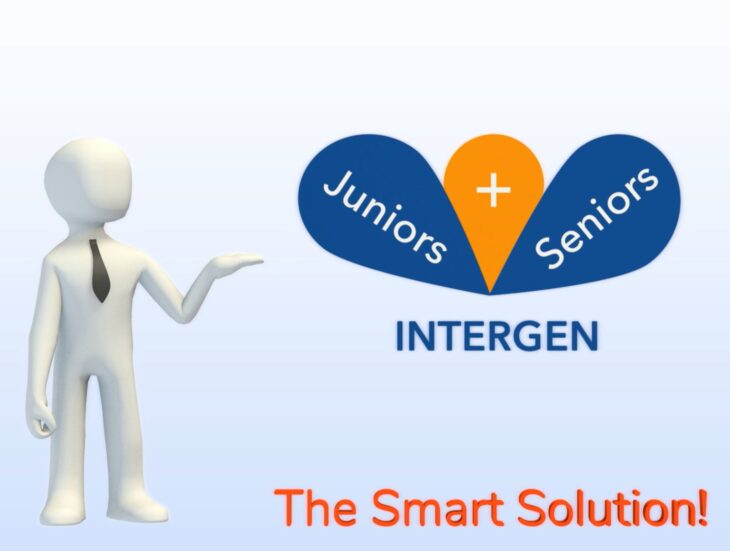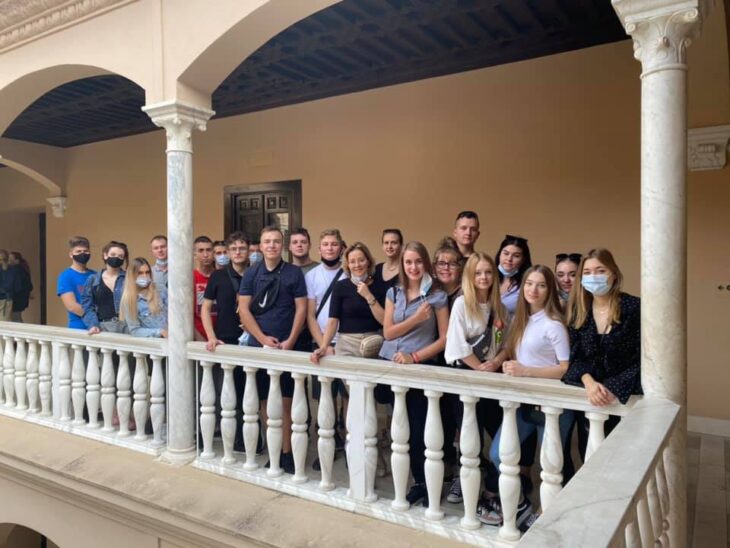What is Erasmus?
Let’s try to answer this question, even if it is not easy to resume 35 years of life in one article! Born in 1987, Erasmus+ takes its name from Erasmus of Rotterdam, the great Dutch humanist who studied and wrote while traveling throughout Europe. It is the European Program aimed at individuals, involved through projects or partnerships activated by Organizations, Institutions, Bodies or other groups. Therefore, the opportunities of the European Program for Education, training, young people and sport in the period 2021-2027 are aimed at a wide range of people. Erasmus+ offers many opportunities to study, train, teach and carry out work or volunteer experiences; carry out cooperation activities between education and training institutions throughout Europe; intensify collaboration between the world of work and education for the development of human and social capital, in Europe and in the world.
Who is it for?
The opportunities offered for mobility and cooperation are dedicated to:
• School education;
• Education and vocational training;
• High school education;
• Youth;
• Adult education;
• Sport;
• Jean Monnet.
What are the objectives?
• Promote the mobility of individuals and groups for learning, collaboration, quality, inclusion and equity, excellence, creativity and innovation at the level of organizations and policies in the field of education and training;
• Promote mobility for non-formal and informal learning purposes, the active participation of young people, as well as collaboration, quality, inclusion, creativity and innovation at the level of youth organizations and policies;
• Encourage learning mobility of sports staff as well as collaboration, quality, inclusion, creativity and innovation at the level of sports organizations and policies.
Are there any cross-cutting priorities for all sectors?
The program aims to promote equal opportunities and equal access, inclusion, diversity and equity in all its actions. Organizations and participants benefiting from fewer opportunities are at the heart of these goals and, taking these goals into account, the program makes every necessary means and resource available to them.
Are there any subject areas?
Subject areas such as social inclusion, environmental sustainability, the transition to digital and the promotion of participation in democratic life by the younger generations are very much felt. The period 2021/2027 Erasmus + has a financial envelope of € 28.4 billion, an amount almost double compared to the previous seven-year period 2014-2020. Among the novelties there is also that of supporting new initiatives, such as the “European Universities”, the academies of Erasmus teachers and centers of professional excellence. The program certainly represents a fundamental tool for mobilizing the world of education, training, youth and sport in favor of a rapid post-pandemic recovery.
What do you think? Are you ready for the next call?
With its 6 agencies specialized in mobility training, Education and Training Network is a leader in the management of European mobility projects. Our training agencies, Training Vision, Berlink, Bulgaria Gateway, Tribeka and Sistema Turismo will be ready to welcome you and make you feel at home.
Writen by Federica Summa



















